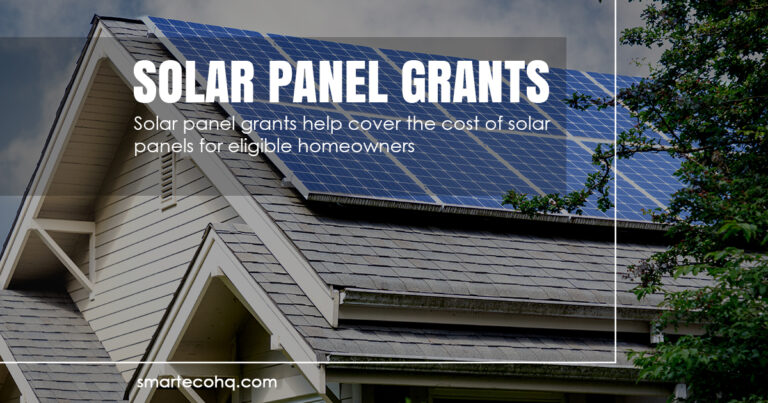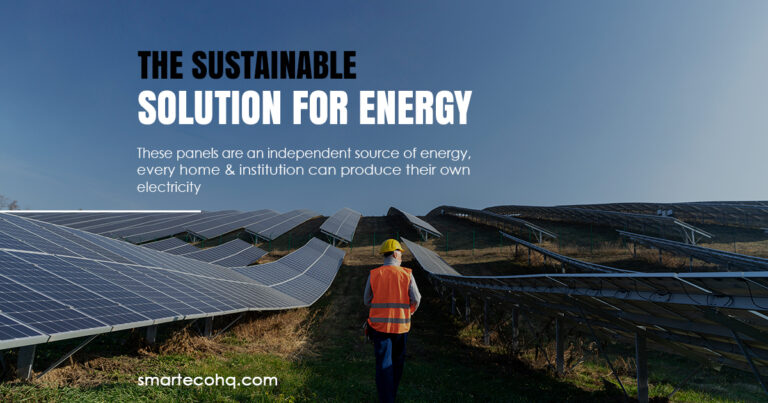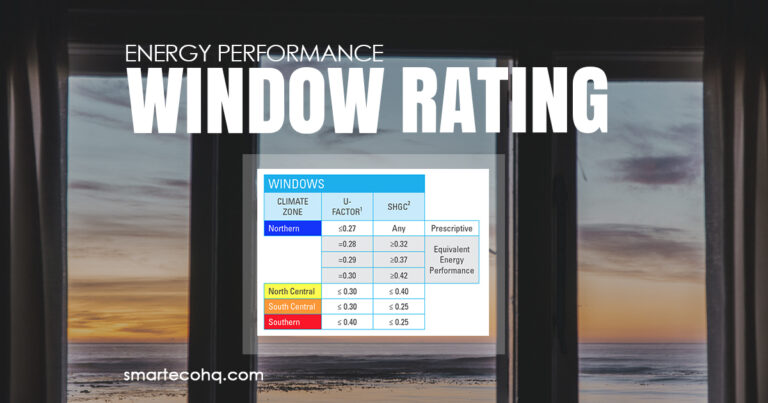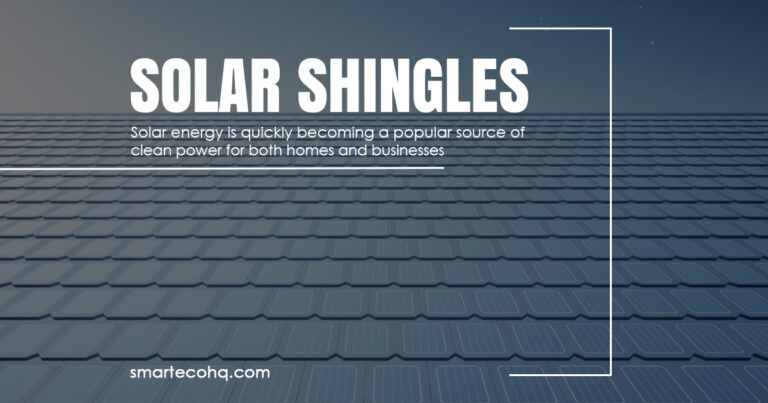What is Solar Energy? Information about Solar Energy
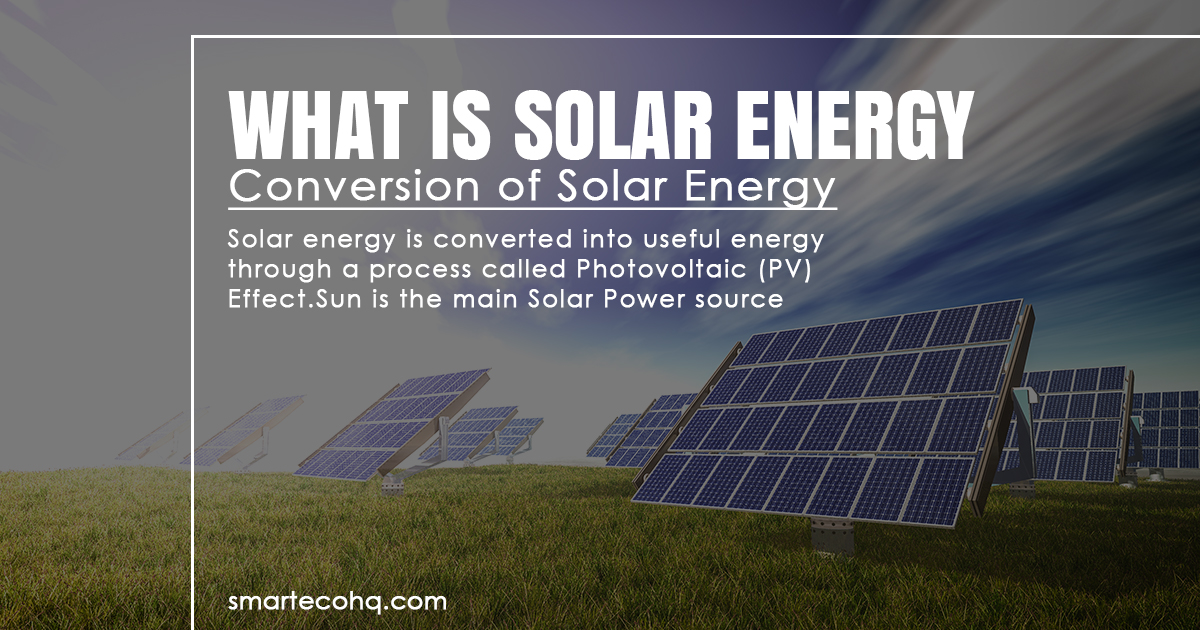
Save money and the planet with solar energy. Find out how you can switch to renewable energy sources today by clicking here.
Conversion of Solar Energy:
Solar energy is converted into useful energy through a process called Photovoltaic (PV) Effect.Sun is the main Solar Power source. When sunlight falls on a solar panel, the energy is absorbed by the solar cells, which creates an electrical current that can be used to power homes and businesses. In addition to PV cells, there are several other methods of converting solar energy, including concentrated solar power (CSP), solar water heating, and passive solar heating.
Photovoltaic (PV) Cells:
PV cells are the most common method of converting Solar Energy into electricity and are also Known as Solar Panels. They are made of semiconductor materials, such as Silicon, which absorbs sunlight and converts it into electrical energy. PV cells are used in a wide range of applications, including residential and commercial buildings, remote power systems, and portable devices.
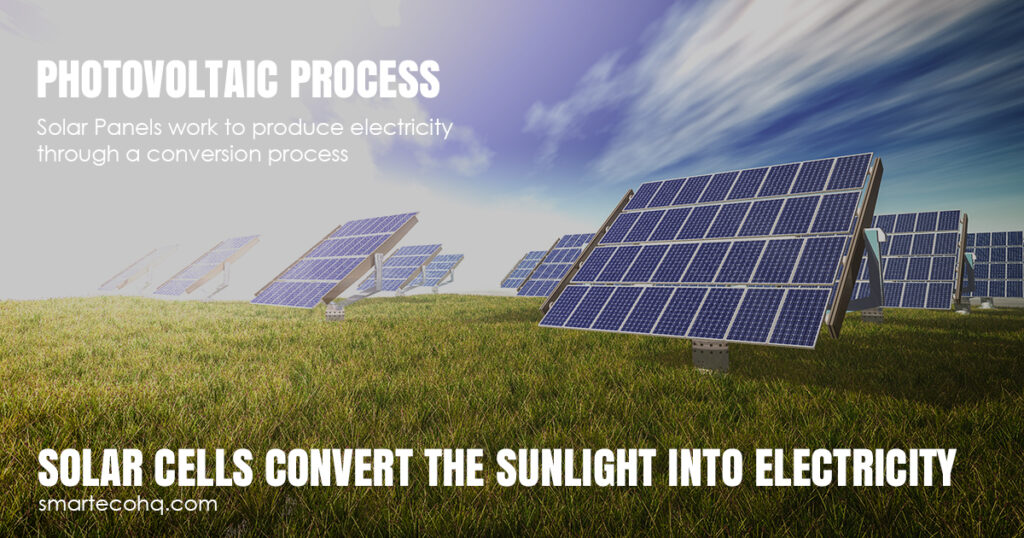
Concentrated Solar Power (CSP):
CSP systems use mirrors or lenses to concentrate sunlight onto a small area, which generates heat that can be used to produce Electricity. CSP systems are used in large-scale power plants to produce electricity for the grid.
Solar Water Heating:
Solar water heating systems use solar panels to heat water, which can then be used for a variety of purposes, including space heating, swimming pools, and hot water supply for homes and businesses.
Passive Solar Heating:
Passive solar heating uses building design and materials to capture and store solar energy for heating purposes. This method is commonly used in residential and commercial buildings, where large windows and heat-absorbing materials are used to capture and store solar energy.
Benefits of Solar Energy
| Some benefits of Solar Energy includes: |
| Environment Friendly: Solar energy is a clean and environmentally friendly source of energy, as it generates electricity without emitting harmful pollutants. |
| Saves Electricity Bills: Solar energy can result in significant savings on your electricity bills. Because you meet the majority of your electricity needs with solar systems, such as powering your home or running your industries or business. |
| Low Maintenance: After the installation of Solar Panels, their maintenance is absolutely negligible. You just have to keep an eye on the cleanliness of the panels to ensure that they do not get dust & debris layered on them. |
| Energy Independence: Solar energy allows households and businesses to produce their own electricity, reducing their dependence on traditional energy sources and the utility grid. |
| Job Creation: With the growth of the solar industry there are more job opportunities. |
| Cost Effective: The long-term savings on electricity bills make it a cost-effective investment. You can benefit from free electricity for many years after purchasing your solar panels. |
| Scalability: Solar energy systems can be scaled to fit a wide range of applications, from small residential systems to large commercial installations. |
| Improved Grid Stability: Solar energy can help improve grid stability by reducing the demand for electricity during peak hours and providing energy during periods of high demand. |
| Improved Air Quality: By reducing the use of fossil fuels, solar energy can help improve air quality and reduce the negative health impacts associated with air pollution. |
Limitations of Solar Energy
There are also some limitations of solar energy that need to be considered, including:
Weather Dependence:
The Production of solar energy is dependent on weather conditions, particularly sunlight. This implies that they may not produce the desired energy on overcast days or in the winter when there is less sunshine. In these instances, you might need to depend on a backup energy source. However, advancements in solar technology, such as the use of energy storage systems, can help address this issue.
Energy Storage:
Solar energy is produced during the day,when the sun shines. But what happens at night & during an energy crisis? The answer is energy storage batteries. While battery technology has improved over the years, it can still be expensive and may not be suitable for all applications.
Space Requirements:
Installing Solar Systems requires a significant amount of space/ land. Some people might find it difficult to install a solar system according to their energy needs. This can be a challenge for urban areas or places with limited available space.
Conclusion:
In conclusion, solar energy is a promising source of renewable energy that offers numerous benefits. With advancements in technology, solar energy has become increasingly efficient and scalable, making it a viable option for a wide range of applications. There are also some limitations to solar energy. As the world continues to face the challenges of climate change and energy security, solar energy represents a key solution for a sustainable and secure future.

